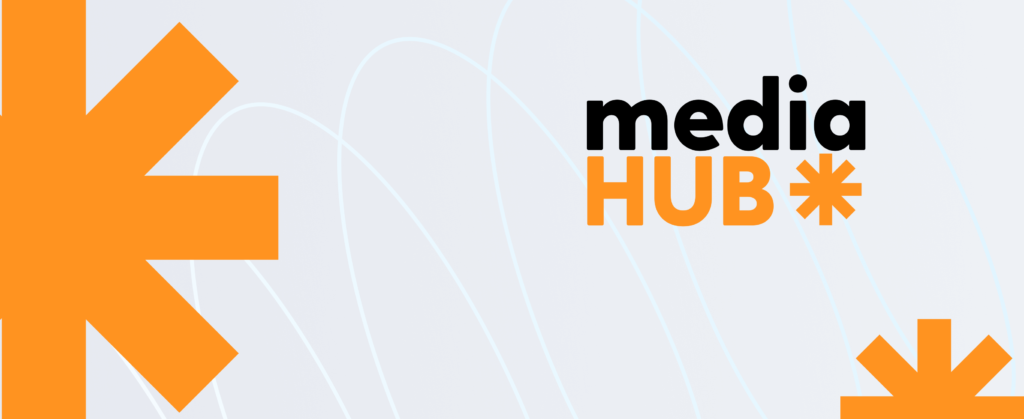

How can journalists challenge existing narratives and incorporate diverse perspectives to decolonise the media landscape? What structural and institutional barriers have limited diversity and inclusion in Russian journalism? How do topics on the intersection of race, gender, sexuality influence journalism in Russia, and how can we ensure a more inclusive approach? What strategies and initiatives can help bring about positive change?
These and other questions will be raised during the discussion with three amazing panelists, who work in different journalistic projects that aim to change the existing media landscape:
Lilia Uldasheva, Editor of Beda Media
Beda is a space for collaborative reflection on history and ideology and their impact on public consciousness, collective memory and everyday life. Beda’s focus is on exploring forms of oppression, dismantling propaganda, and telling stories about decolonial theory and practice, roots and cultures, utopias and dystopias, activism and resistance art.
Zaal Andronikashvili, Editor of the Georgian section of OSTWEST MONITORING
Ostwest Monitoring is an international multilingual project aiming to give voice to experts and artists from Armenia, Belarus, Georgia, Moldova. Ostwest Monitoring hopes to offer first-hand information and the possibility of a new and fuller knowledge about those countries and their context.
Dankhaiaa Khovalyg, Podcast Creator of @re.public_speaking
The podcast "republic speaking _" is devoted to real representation of Asian republics of Russia: Tuva, Kalmykia, Sakha, Altai, Buryatiya & Khakassia. It depicts voices of indigenous people from those regions telling about the local life, traditions, personal stories and memories. It offers conversations with local experts about the region’s national history before and during Russian and Soviet colonisation.